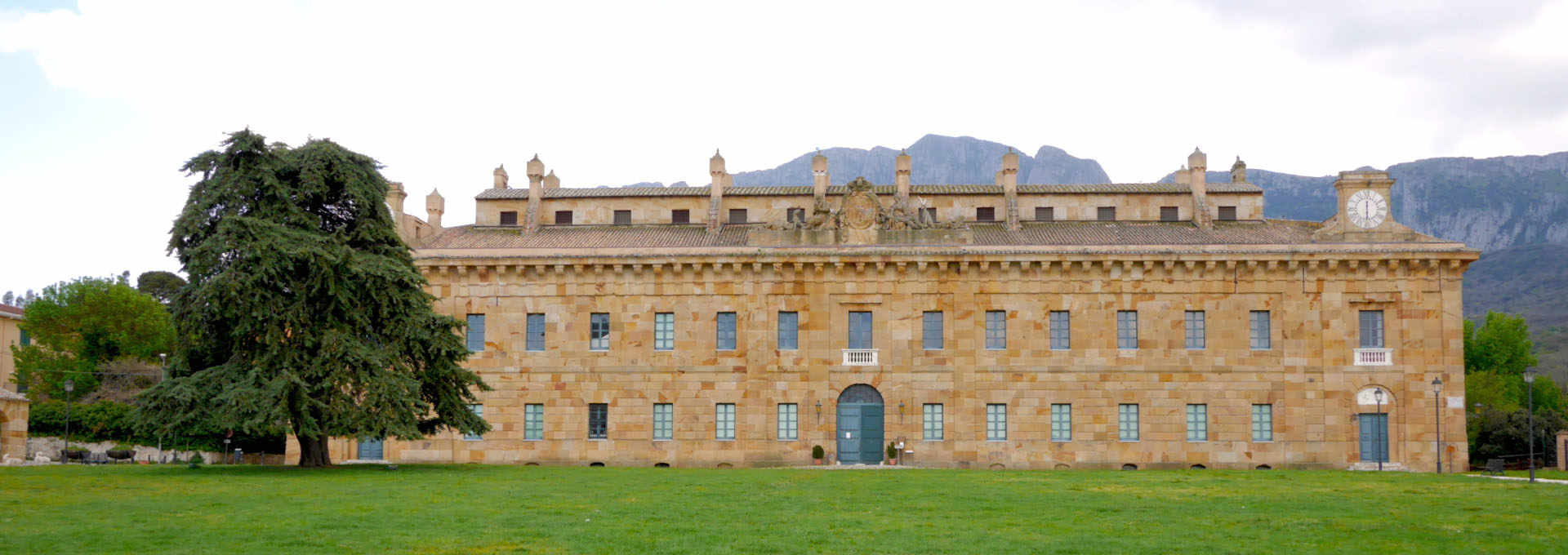 Get more of ArteCibo delivered to your inbox
Get more of ArteCibo delivered to your inboxSign up for free newsletter

The history of the Norman Lands spans from the Phoenician (10th century BC) and Greek colonisation (8th-7th centuries BC) of the island to the Kingdom of the Two Sicilies (1816-1861). Two crucial steps were the Muslim conquest of Sicily and subsequent establishment of the Emirate of Sicily (831-1091) and, of course, the Norman conquest of southern Italy (999-1139). The Norman Lands are a vast area in the province of Palermo, that stretches over to the Belice Valley, encompassing 18 municipalities, from Monreale to Piana degli Albanesi and Santa Cristina Gela, which is one of the three Albanian-speaking communities of the Palermo area. The area also comprises the Serre della Pizzuta Natural Reserve, the Piana degli Albanesi WWF Natural Lake Reserve, the archaeological area of Monte Maranfusa in Corelone and the Cefalà Diana Natural Reserve. The landscape is characterised by cereal crops, vineyards and fruit orchards alternating with the Mediterranean shrubland. The Normal Lands are therefore a trove of natural reaches, historical remnants, artistic beauties and food and wine delicacies.
Typical products
One of the most famous speciality in the area, the S-shaped Monreale biscuits have been produced since the sixteenth century, when the recipe was invented by the Benedictine nuns of the San Castrenze Monastery. Another food that should not be overlooked is the bread, prepared according to an ancient recipe with durum wheat flour, water, salt and yeast, and baked in a wood-fire oven. Its dark brown crust is thick, crunchy and covered in sesame seeds. Its crumbs are distinctively yellow. As for the wines, Monreale CDO is undoubtedly the most representative. In the wide array of typical products, ancient wheat varieties are of major importance. Last but not least, the Yellow Melon of Roccamena is renowned for its sweetness.
The Terre Normanne Local Action Group
Created in 2009, the Terre Normanne Local Action Group endeavours to promote the territory, its food and wine specialities and its natural and cultural heritage.
